The Unique Benefits of Small Class Sizes in Early Childcare
The early years of a child’s life are a crucial period for cognitive, emotional, and social development. Research shows that experiences during this time can shape a child’s future learning abilities, relationships, and emotional well-being. One of the most distinctive and impactful features of a high-quality early childcare environment is the size of the classroom. Small class sizes are not just a luxury—they are a necessity for providing the personalized care and attention that young children need to thrive.Have a Question or Want to Join Our Waitlist?
Personalized Attention and Individual Growth
In early childcare settings, small class sizes allow educators to focus more closely on the individual needs of each child. Unlike larger classrooms where teachers may struggle to engage with every child, smaller groups allow for more targeted, one-on-one interactions. Teachers can better assess each child's development, identify areas where they may need extra support, and adapt their teaching strategies to accommodate different learning styles. This personalized approach is especially important in early childhood education, as children are developing critical foundational skills, such as language, fine motor coordination, emotional regulation, and social interaction.
Each child’s progress can be carefully monitored, ensuring that milestones are met in a timely manner. Teachers can celebrate small achievements, provide more meaningful feedback, and offer timely interventions when necessary. This individualized attention not only boosts a child’s confidence but also helps foster a deeper sense of accomplishment and motivation.
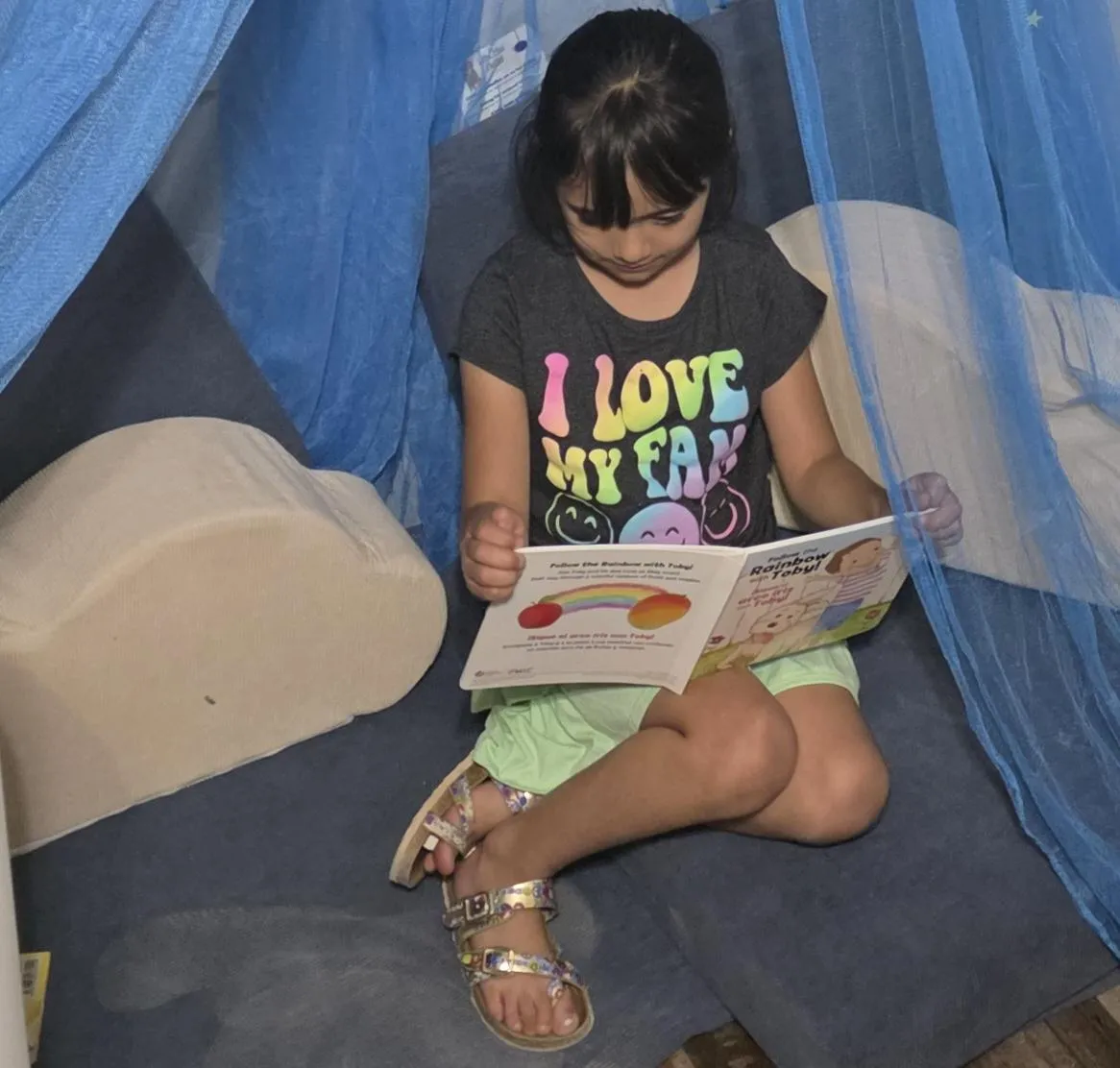
Stronger Relationships and Emotional Development
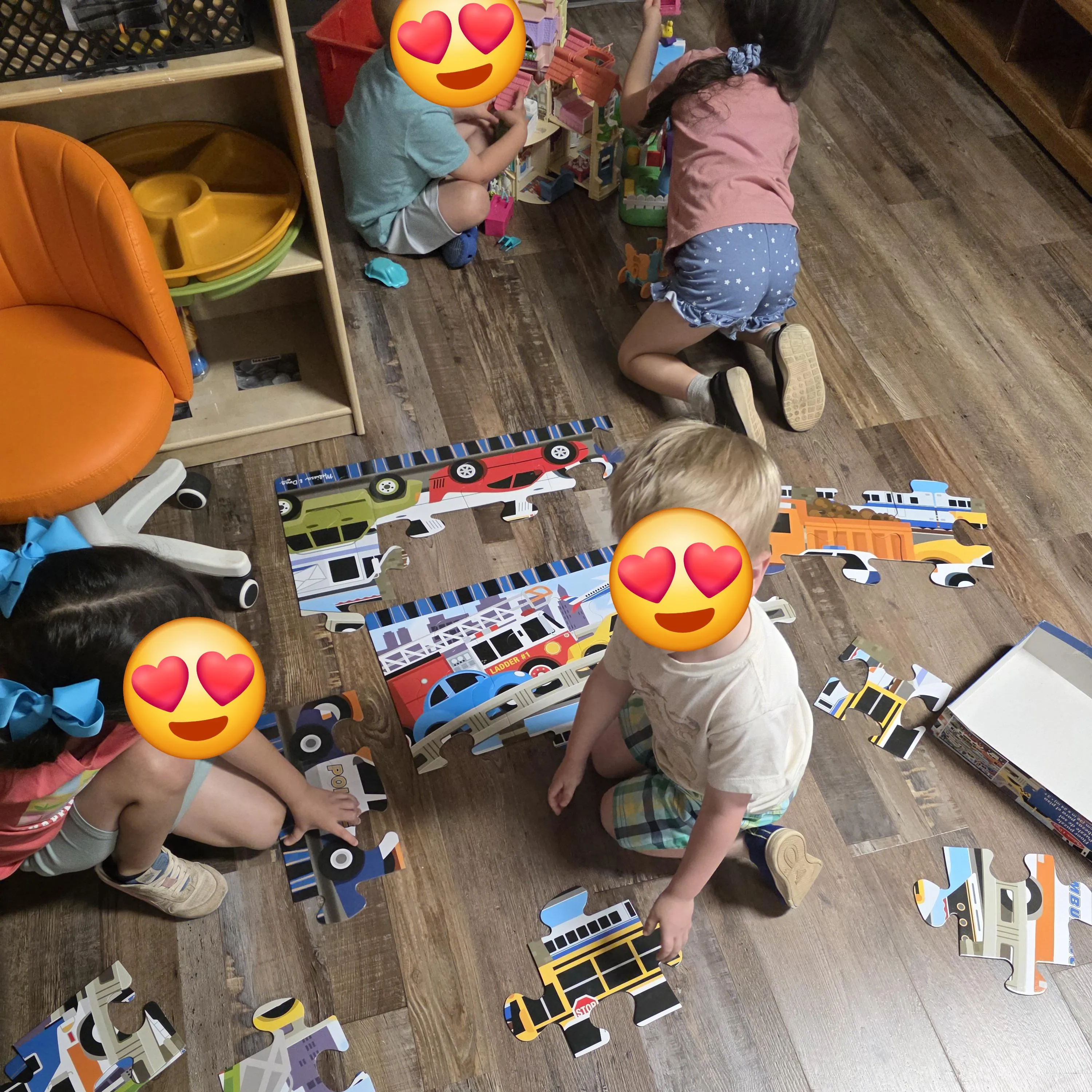
The small class size also cultivates a nurturing environment where young children can form stronger, more trusting relationships with both their teachers and peers. In larger classrooms, it’s easy for children to feel overlooked or lost in the crowd, but in smaller groups, each child becomes an integral part of the learning community. Teachers have the time and space to engage with each child, learning their preferences, interests, and emotional needs. This creates a sense of security and belonging, which is essential for healthy emotional development.
For children, the early years are when they begin to develop important social skills, such as sharing, empathy, and conflict resolution. Small class sizes make it easier for children to engage in meaningful social interactions with both their teachers and fellow students. The intimate setting fosters stronger friendships, reduces anxiety, and encourages positive social behavior. In turn, children are more likely to feel confident in expressing themselves, which helps build their emotional resilience.
Safety, Structure, and Focused Learning
A smaller class size also contributes to a more organized and structured environment. With fewer children to manage, teachers can more easily maintain a calm and orderly atmosphere, which is essential for young children who thrive on routine and consistency. This also leads to better safety and supervision. Teachers can more effectively monitor children during activities, ensuring that they are engaged in age-appropriate tasks that promote learning and development.
Additionally, smaller groups allow for more flexibility in lesson planning and activities. Teachers can tailor their approaches to suit the interests of the children, incorporate hands-on learning experiences, and provide opportunities for exploration and creativity. Children in small classes often have more opportunities to participate actively, whether it’s in circle time, storytelling, or interactive games.
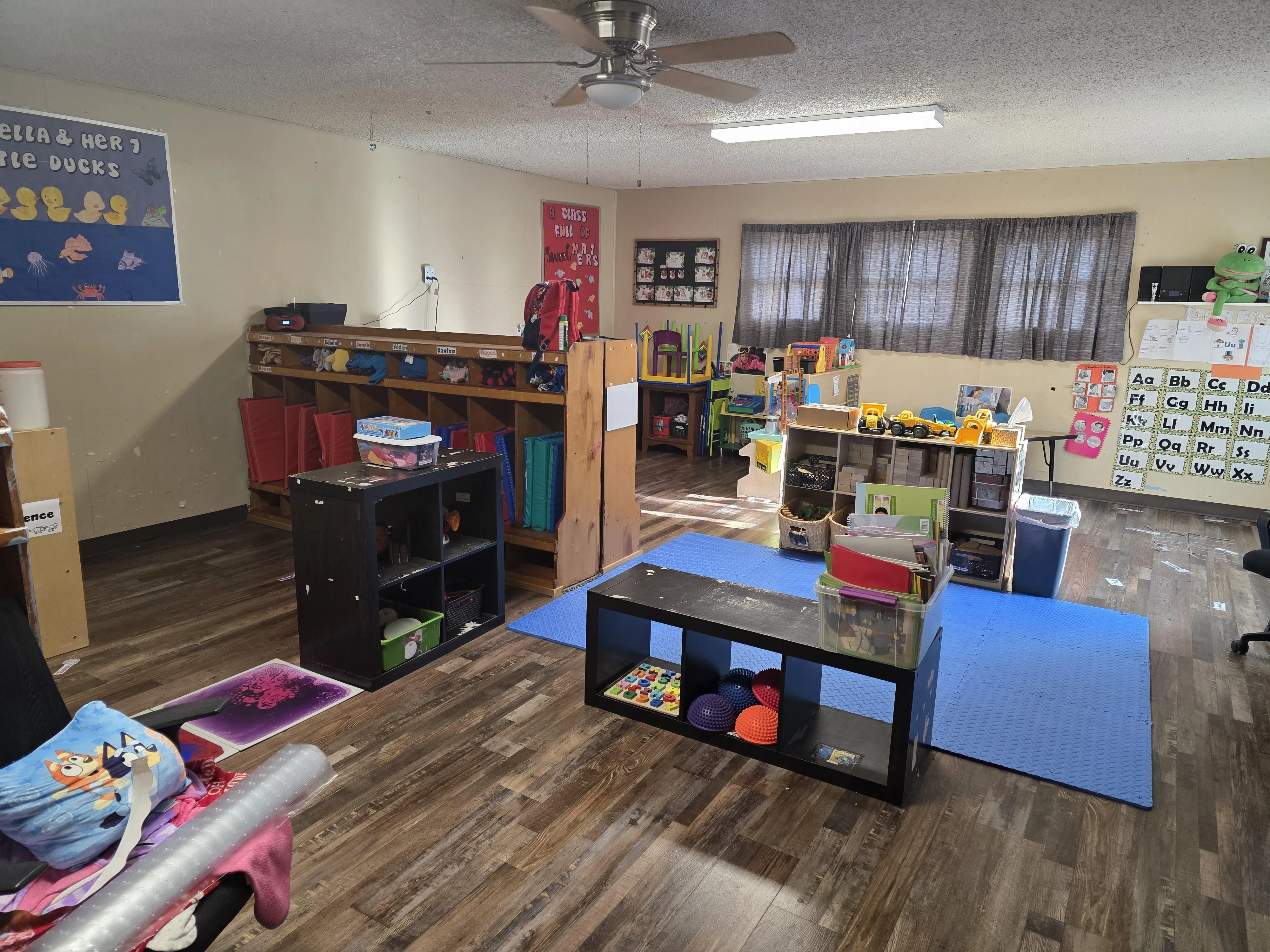
The Long-Term Impact
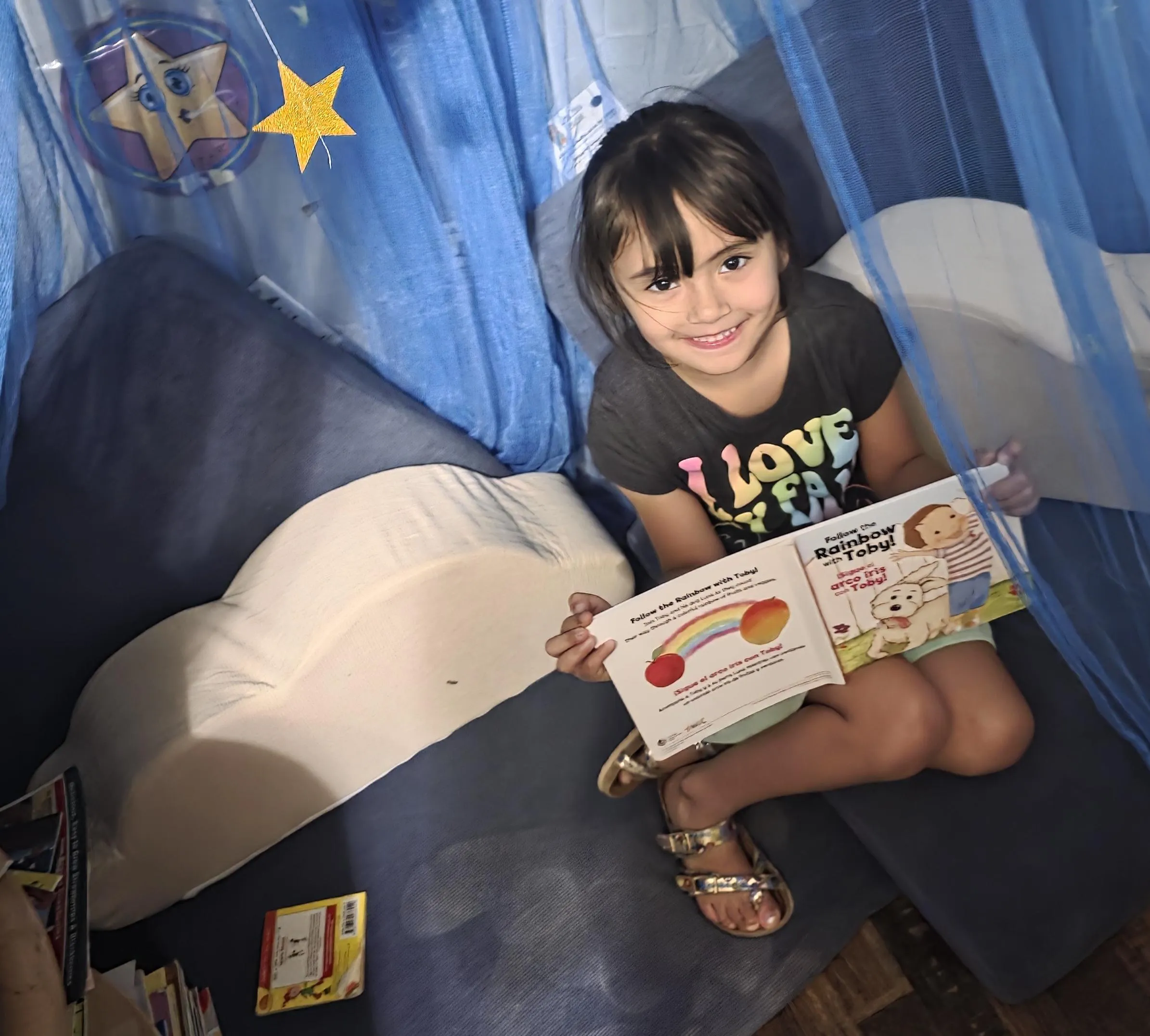
Ultimately, small class sizes provide a unique advantage in early childhood education by offering a more personalized, engaging, and supportive learning environment. These early experiences can have lasting effects, helping children build a strong foundation for future academic success and social-emotional well-being. At M&K’s Littles Child Development Center, we believe that every child deserves the opportunity to learn and grow in a setting where their individual needs are met, their voices are heard, and their potential is nurtured.
By prioritizing small class sizes, we ensure that each child receives the attention, care, and encouragement they need to thrive—not just in their early years but throughout their educational journey.
Parent Testimonials

M&K's Littles has been a true blessing for our family. From the very first day, we felt like part of a loving community.
Karen Sanders

The staff is not only experienced and professional, but they also treat each child with genuine care and attention.
Walter Williams

Our little one has grown so much—socially, emotionally, and academically—thanks to the hands-on learning environment.
Amanda Smith

M&K's Littles is the only place I trust with my child—they create a loving, fun environment where learning comes naturally.
Amy White
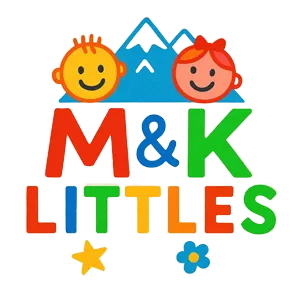
M & K's Littles Child Development Center fosters a welcoming, home-like environment where children develop essential skills through hands-on, child-centered learning inspired by HighScope, Montessori, and Reggio Emilia approaches.